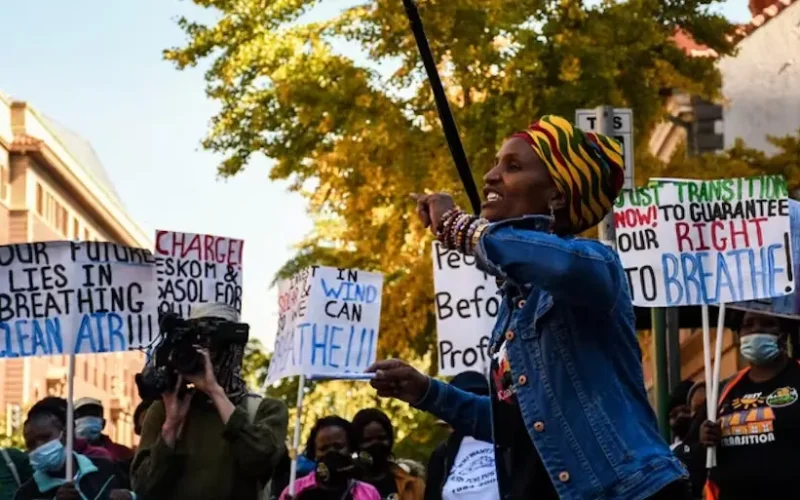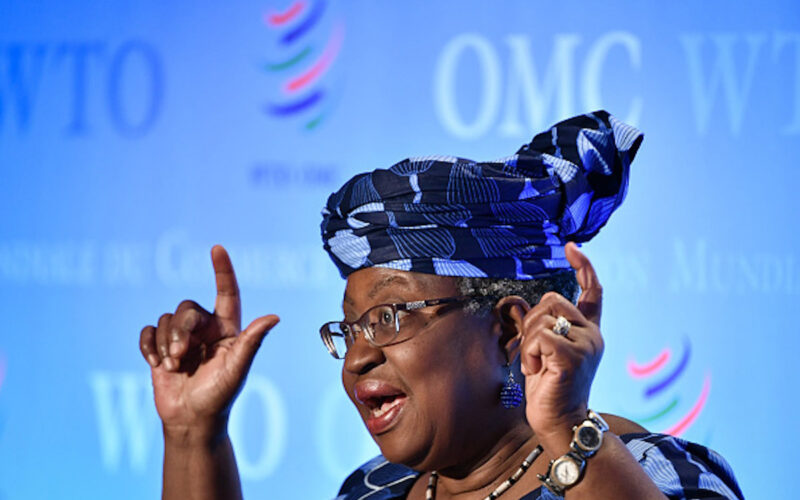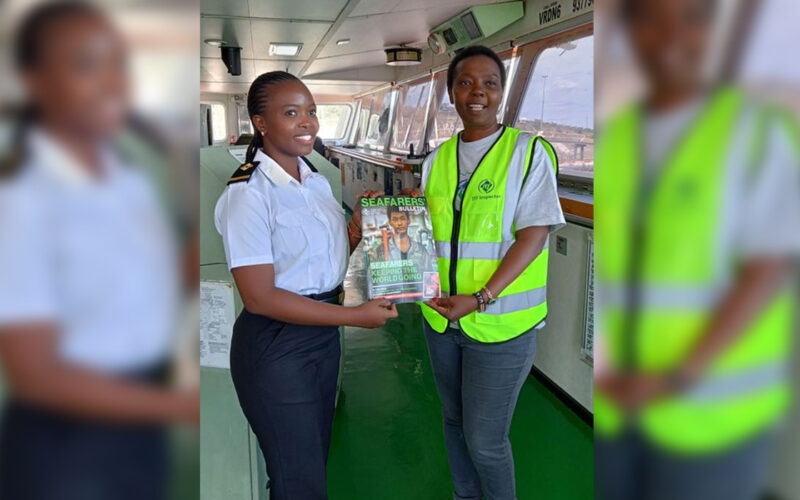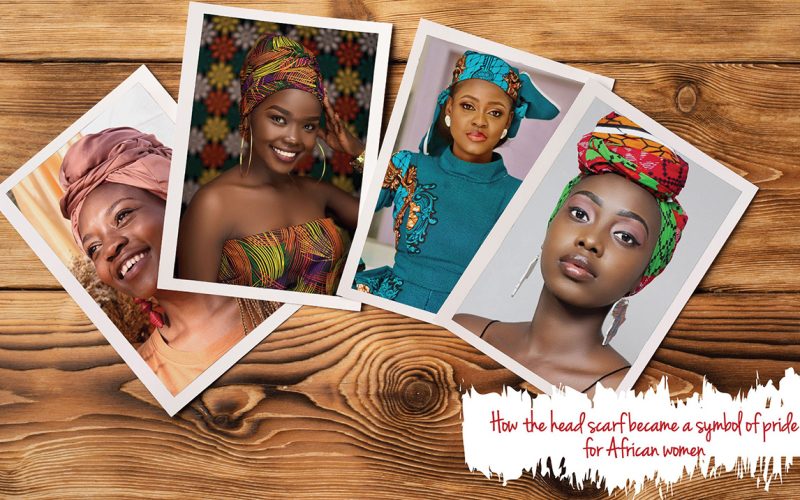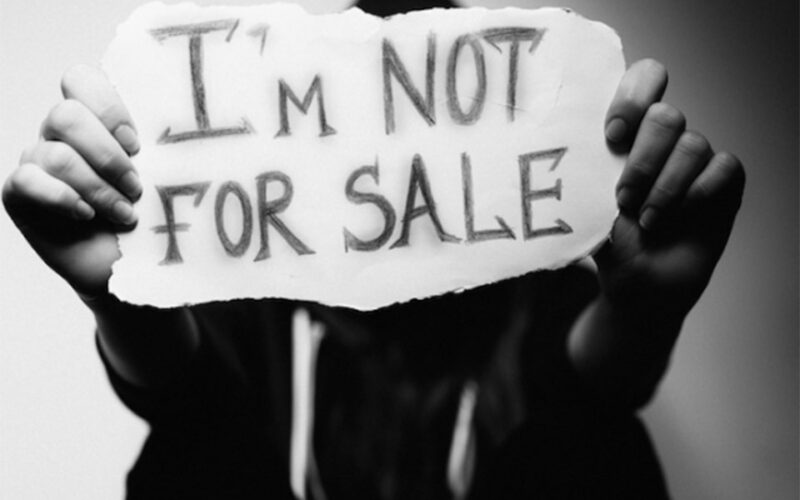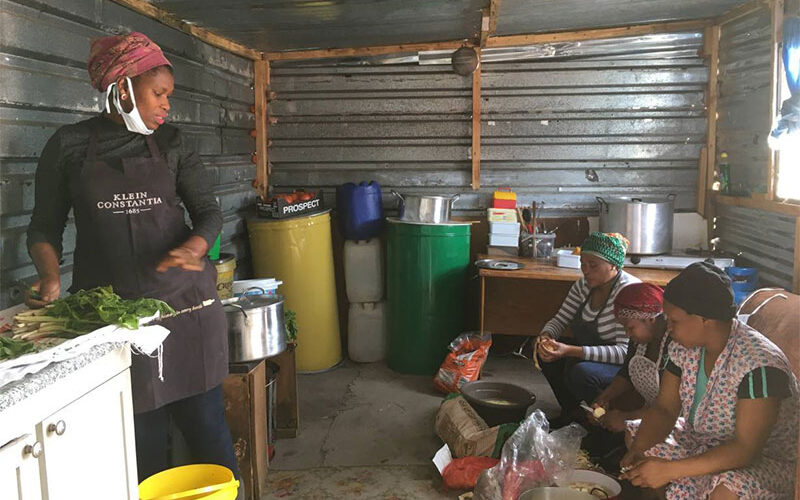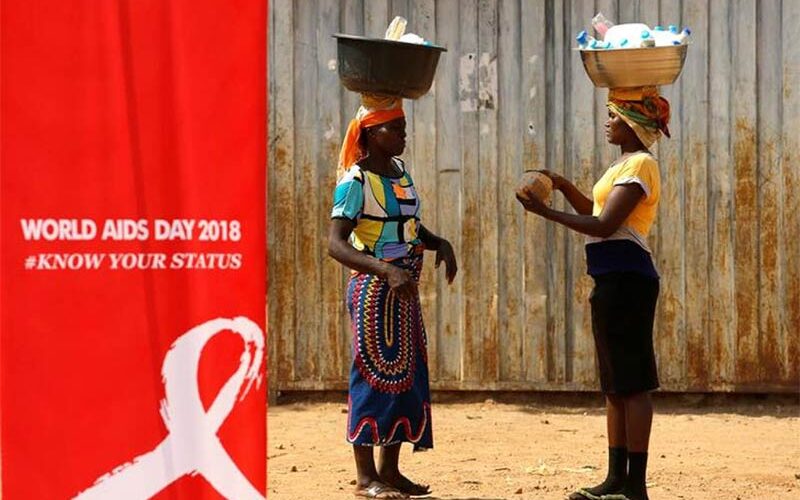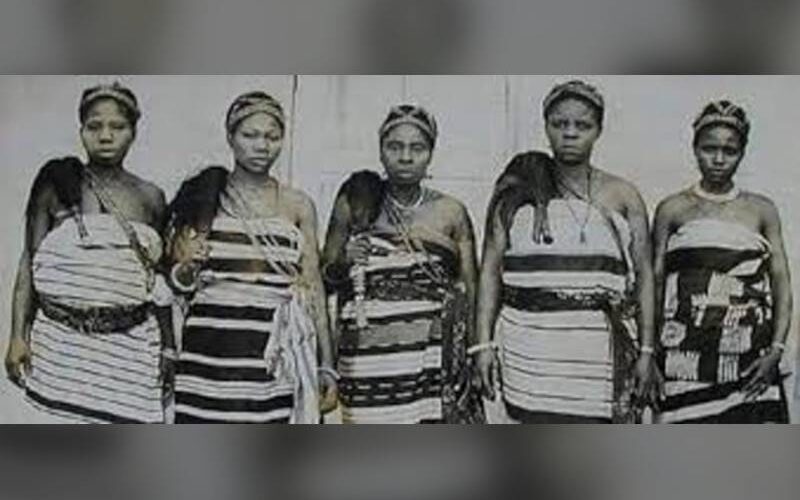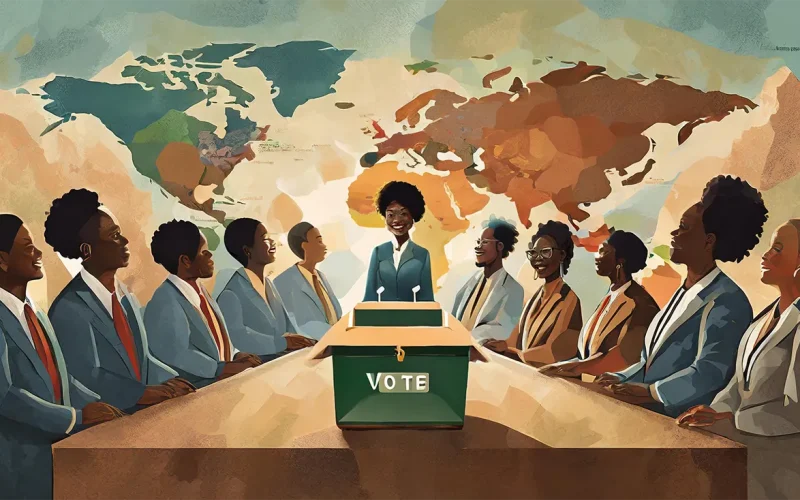
Ten influential women in African politics
WITH more than a third of African countries headed to the polls in 2024, African women are showing increasing interest in holding leadership positions, including the presidency. Their stories inspire resilience, determination, and visionary leadership, serving as beacons for future generations of female leaders across the continent. The following is a selected list of some influential women in African politics: 1. Sahle-Work Zewde, President of EthiopiaA distinguished Ethiopian diplomat, Zewde made history in 2018 by becoming the first female Ethiopian president. Before her presidency, she held prominent roles within the United Nations, including serving as Special Representative of the Secretary-General…

